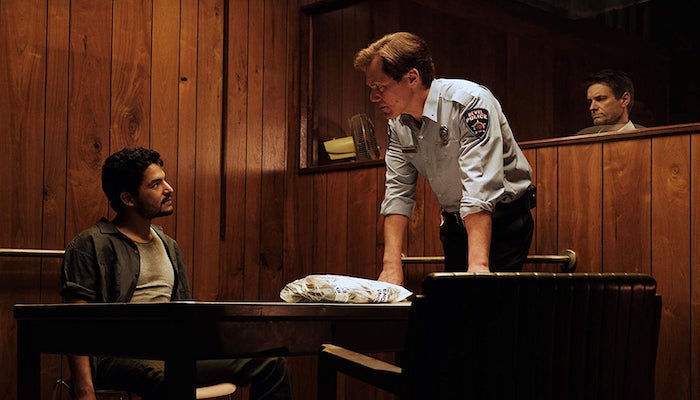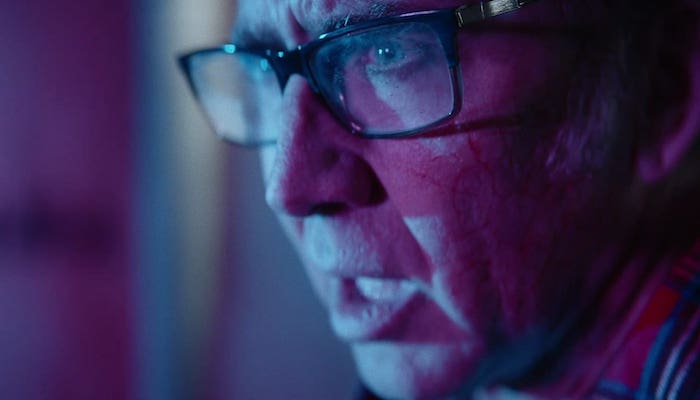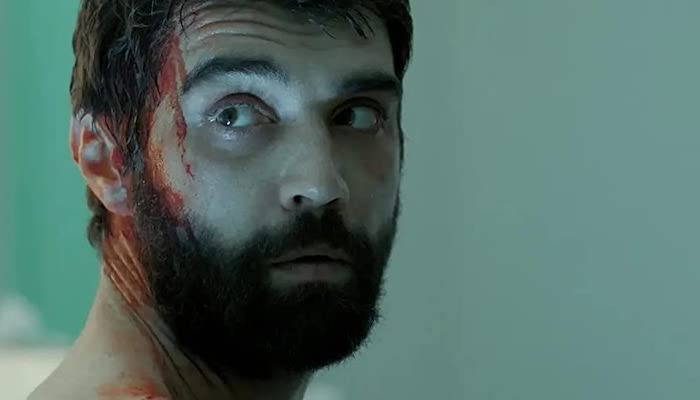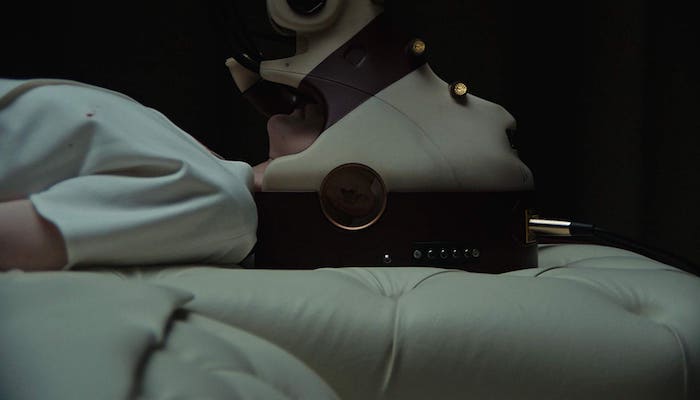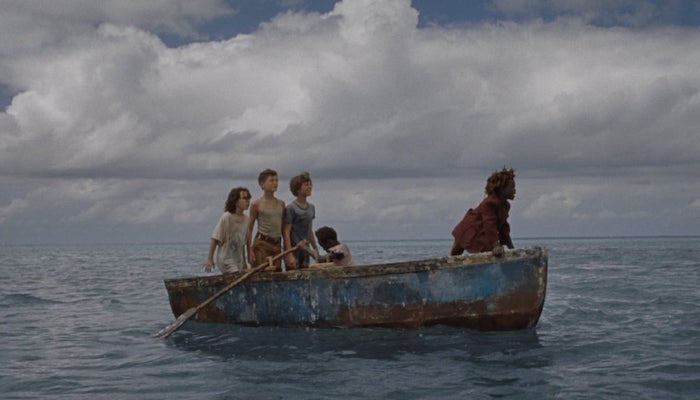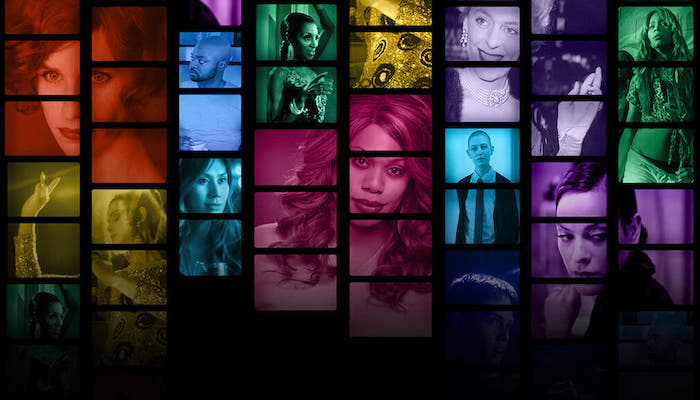And yet, despite it all … we adapted. With our masks and PPE we learned to protect ourselves from the virus (or well, some of us did). We fought back against the state’s violent oppression. We turned out in droves to vote the racist megalomaniac out of the White House. And our entertainment evolved, too. Movies were still released, and they were still made, and we traded in our multiplex tickets for streaming subscriptions and virtual cinemas and festivals. All of us in the industry from professionals to consumers were forced to adjust to our new way of life. Like everything else, it’s impossible to predict where we’ll all be by the end of this coming year, this coming month, or even the end of this coming week. However, 2020 reminded us that movies are not a dying fancy. Even in an uncharted hellscape they remain a prominent cultural force, and just like us they’re adapting to their new structural upheavals. One way or another, they are here to stay.
Advertisement
Here are the ten films from 2020 that stuck with me the most, quelled from all the films that I also watched within the 2020 calendar year. As with all sorts of media categorization, lists like these should be seen less as a definitive declaration of taste and more so as a timestamp of interests as they exist here and now. Because canon is ridiculous, lists are subject to future change.
What a way to start the year! Viewable as a condemnation of inaction in the face of environmental destruction and/or on-setting fascism, as a slight against Lovecraft’s own racism, or simply as a bonkers piece of multicolored cosmic horror, Color Out of Space is Richard Stanley’s return to cinema after two decades with enough nightmare fuel to burn a hole right through your cerebral cortex … but like, in a fun way. A double-sided performance from Nicolas Cage and a slow descent into madness from Joely Richardson make this all the more memorable. You can read my full review of the film here.
Ricocheting a bit against all sorts of archetypes from haunted-house to creature-feature to cosmic horror, Romola Garai’s directorial debut is quite the odd tale of moral ambiguity. It’s a study on humanity’s avoidance of introspection for fear of what we may uncover – or worse, for fear of having to face the ugliness that we already know to be there. Garai bars us from ever pledging any steadfast allegiance to any of the characters, which keeps us on our toes in a narrative sense. She also manages to wrangle in some allegorical struggles from overcoming abuse to battling xenophobia, making for a jumbled, peculiar, yet awe-inspiring configuration. You can read my full review of the film here.
Brandon Cronenberg’s worlds are so singularly high-concept that they immediately make you question why anyone would willingly take part in them, and their coldness make them initially off-putting. But both Cronenberg’s steadfast committal to his constructs – bolstered by his performers’ utmost dedication to the conceit as well – allow them to start feeling all the more organic as they press on, and soon you’re swept away into their perplexing, alluring worlds. With Possessor, Cronenberg examines our sense of solitude brought about by digital technology and the splintering of our identities that such isolation can spur. He stays a few steps away from going full-on technophobe and instead asks us to focus rather on who is to gain from this fracturing of our identities and to what purpose such as set-up serves. On top of that the film showcase some of the best practical effects of year, and both Andrea Riseborough and Christopher Abbott’s embody an underrated fury in their “dual” performances.
Sundance wunderkind Benh Zeitlin returns after eight years with another tale of working-class magical realism, and reworks J.M. Barrie’s classic Peter Pan for a modern audience in the process. In doing so he eliminates the racist proclivities of the original and suggests Neverland not just as an ageless sanctuary but also a safe place for the evils of the world – man-made, ecological, and the like. What results is a rousing fantasy imbued with childlike fervor, with all the swashbuckling excitement and meditative wonder of a daydream through and through. You can read my full review of the film here.
Advertisement
With gender identity being in the cultural zeitgeist right now, with loads of hate, ignorance, and misinformation being bandied about (all thanks to the far-right conservatives, religious fundamentalists, and TERFs continuously flooding the gates) a documentary as detailed and robust as Disclosure is a much-needed salve. Sam Feder’s film is less an answer to “What does it mean to be trans?” and more an exploration of how the public’s conception of transness has been shaped by mass media over the last century. Through this angle Disclosure conjures up more questions, particularly about sociopolitical power and who’s historically had the decision-making abilities to show how people are (or are not) depicted, and why that is (or is not). However, it’s also about just how prominent a role audio-visual media plays in our lives, how it feeds into our own psychological development, and how we queer and otherwise marginalized people find and/or create communities for ourselves out of a necessity for survival, patchworked from all that came before. A delectable deep dive into cinematic history that anybody interested in gender studies or the history of film will undoubtedly enjoy.
